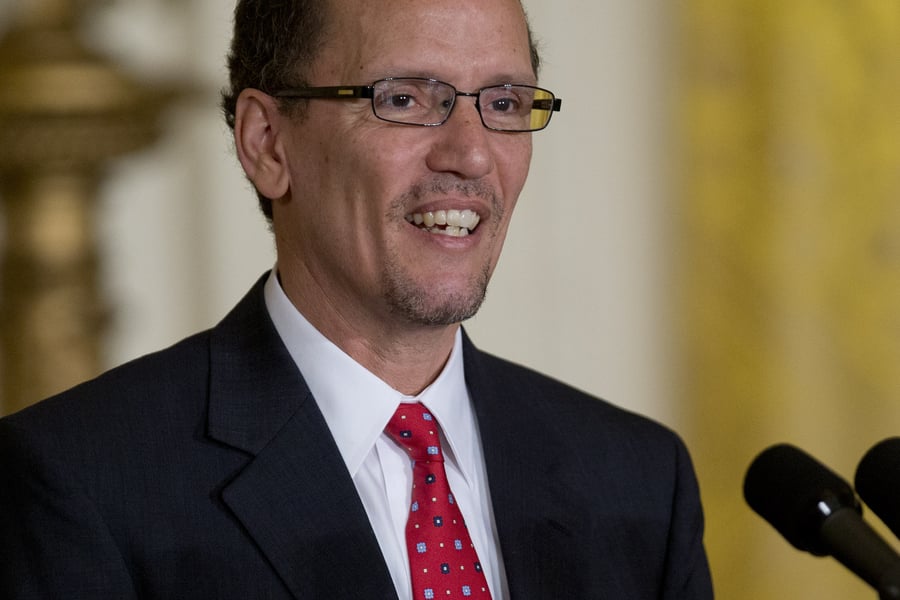

| What the proposal means to financial advisers? |
|---|
| • Anyone who gets paid for providing individualized advice to a plan sponsor, a participant in a retirement plan or an IRA owner for consideration in making a retirement investment decision is a fiduciary. Doesn't matter if you call yourself a broker, a registered investment adviser, an insurance agent or any other kind of adviser. |
| • Plan sponsors and providers can continue educating investors in workplace plans and IRAs without being fiduciaries. |
| • A fiduciary adviser must provide the client with advice that's impartial and in his/her best interest. |
| • The DOL created a new kind of prohibited transaction exemption, slugged the “best interest contract exemption.” Firms and the individual adviser who operate under this exemption may receive commissions and revenue sharing, but they must commit to putting the client's best interests first and disclose potential conflicts. Hidden fees must also be prominently disclosed. |

Eliseo Prisno, a former Merrill advisor, allegedly collected unapproved fees from Filipino clients by secretly accessing their accounts at two separate brokerages.

The Harford, Connecticut-based RIA is expanding into a new market in the mid-Atlantic region while crossing another billion-dollar milestone.

The Wall Street giant's global wealth head says affluent clients are shifting away from America amid growing fallout from President Donald Trump's hardline politics.

Chief economists, advisors, and chief investment officers share their reactions to the June US employment report.

"This shouldn’t be hard to ban, but neither party will do it. So offensive to the people they serve," RIA titan Peter Mallouk said in a post that referenced Nancy Pelosi's reported stock gains.
Orion's Tom Wilson on delivering coordinated, high-touch service in a world where returns alone no longer set you apart.
Barely a decade old, registered index-linked annuities have quickly surged in popularity, thanks to their unique blend of protection and growth potential—an appealing option for investors looking to chart a steadier course through today's choppy market waters, says Myles Lambert, Brighthouse Financial.
